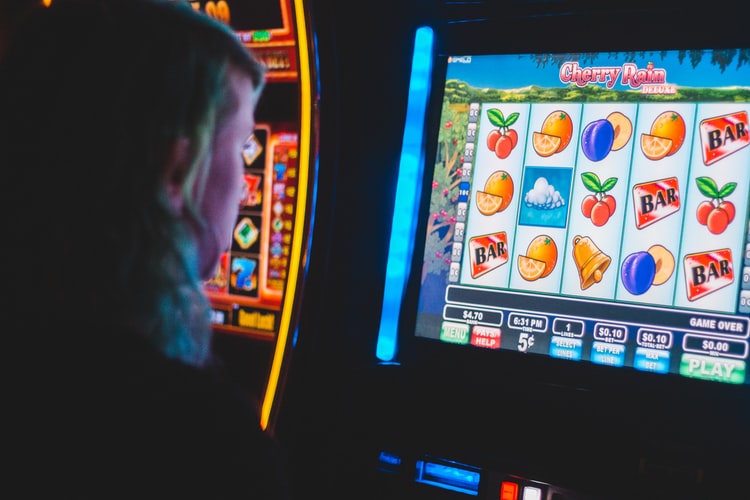Early video slots had symbols based on playing cards and when gambling was banned and slots became vending machines and fruit machines, symbols were forced to take on the more innocent guise of fruits. When gambling became legal once more, the playing card faces returned to the reels and surprisingly the fruit symbols remained in place. New symbols such as bars and 7s also made an appearance but the major changes to slots came in 1996. Digital technology allowed slots to exist as virtual entities at online phone casino platforms and this is when slots started to take on the appearance of video games. This was mostly because of the improvement in graphics and the inclusion of animation.
Hi-tech Improvements
Advancements in slot technology eventually allowed slots to be based on other popular culture such as film, TV and video games. This meant that iconic games like Street Fighter could get the slots treatment. This collision of video slots and video games proved to be a successful cross over and the fans of video games like Street Fighter flocked to the slot and played the game with the inclusion of the added thrill of gambling. The gambling aspect of slots based on video games does make up for the short fall in graphics and interactivity that video gaming offers. This is mostly down to video games having bigger design budgets, as they compete with other major video gaming competitors. Video games mostly differ from their slots games cousins because of their interactivity and many are also skill based. Another part of video gaming that will eventually cross over to slots is the interactive element as VR is slowly but surely being incorporated into slot games. Slot games of the future are predicted to have more in common with video games than with their distant slot machine cousins. This is mostly because of the addition of full immersion game play that VR technology allows.
Further Possibilities
It is thought that once VR kicks in properly, more slots will be based on video games and with bigger budgets, VR slots will be even closer in quality and game play to popular video games. This is why the gambling industry wants to appeal to video gamers as they already have the skills to negotiate a VR slot. Video gamers are also young and tech savvy and this demographic is the future of the gambling industry, both as punters and designers of future slot games. In Nevada and New Jersey, non-gambling video games are being allowed into casinos in order to attract this young gaming crowd into casinos. The future is also filled with pit falls as video gamers are obsessive players and if this obsessiveness takes hold with slots versions of video games, then there is always a risk of players becoming addicted to the slot too and unlike the video games, slots involve fast paced gambling and this could prove problematic to an industry that has already had its fair share of negative headlines.
